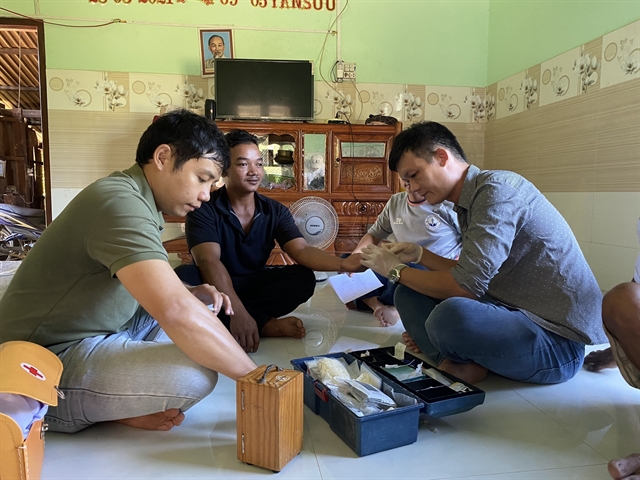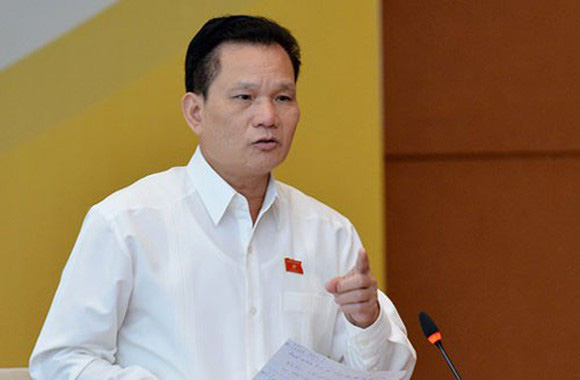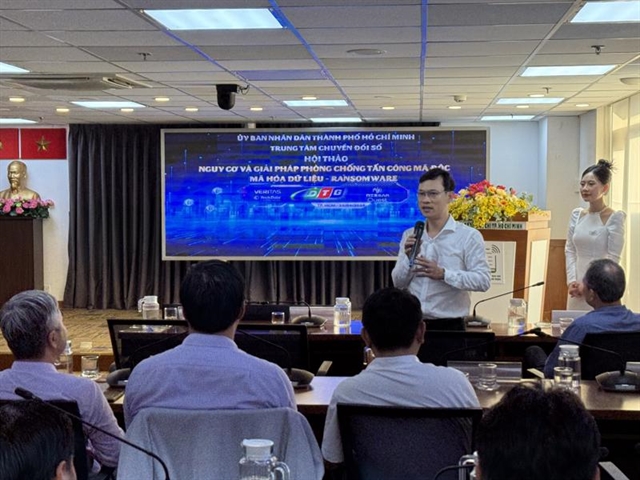 Opinion
Opinion


|
| Bùi Sỹ Lợi, vice chairman of the National Assembly's Committee for Social Affairs. — Photo danviet.vn |
Bùi Sỹ Lợi, vice chairman of the National Assembly's Committee for Social Affairs, talks to Dân Việt newspaper about the advantages and disadvantages of the new points in the draft proposal to develop the amended Law on Social Insurance by the Ministry of Labour, Invalids and Social Affairs.
What do you think about the implementation of the Law on Social Insurance over the years?
The implementation of social insurance policies in general and the Law on Social Insurance 2014 in particular is quite good. However, it still reveals shortcomings.
The proportion of people participating in compulsory social insurance is low and the number of voluntary participants is not high. By 2020, only 33.5 per cent of working-age people were taking part in social insurance. Nearly 32 million people of working age (about 66.5 per cent) have not participated.
The maternity and sickness policies for labourers also have many shortcomings. In order to reach the target of 60 per cent of people taking part in social insurance by 2030, it is necessary to have basic solutions for policies and implementation.
Therefore, the amendment and supplementation of the Law on Social Insurance by the Ministry of Labour, Invalids and Social Affairs (MoLISA) is necessary.
One of the new points in the draft revised Law on Social Insurance is to reduce the minimum number of years of social insurance payment from 20 to 10. What do you think about this?
The implementation of this is to comply with Resolution 28 of the Central Government on reforming social insurance policies.
The MoLISA proposes to amend the conditions for pension entitlement, in the direction of gradually reducing the number of years of social insurance payment from 20 years to 15, and eventually 10 years, creating conditions for elderly employees with a low number of years participating in social insurance to enjoy benefits.
Of course, people will enjoy low benefits with a low number of years of payment.
Therefore, policy makers need to calculate carefully to create a balance in social insurance payment and benefits, ensuring employees will enjoy a minimum pension.
The draft proposal also mentions the expansion of the group of beneficiaries of compulsory social insurance. Is this really necessary?
The number of people participating in compulsory social insurance is still low, such as foreign workers, those with labour contracts lasting from one to three months and Vietnamese employees working abroad. These account for less than 50 per cent of the employees who have a labour contract.
Therefore, there are some concerns about the expansion of the group of people paying compulsory social insurance to individual business households, workers in cooperatives. They think this is not feasible.
In my opinion, this is completely feasible because we are moving towards achieving the goal of all people participating in the social insurance system, including compulsory and voluntary social insurance. Therefore, people in the group of compulsory social insurance that fail to join the system will be handled according to the provisions of law.
Additionally, it is also necessary to have solutions to attract more working-age people to sign up for voluntary social insurance to get benefits when they retire.
What is the newest point and highest human value in this draft revised Law on Social Insurance?
I think the newest and most humane point is the drafting board proposes to amend the law that all people can participate in social insurance, so that all employees have a pension. The law should be easily applied to facilitate implementation in order to best serve people. — VNS









